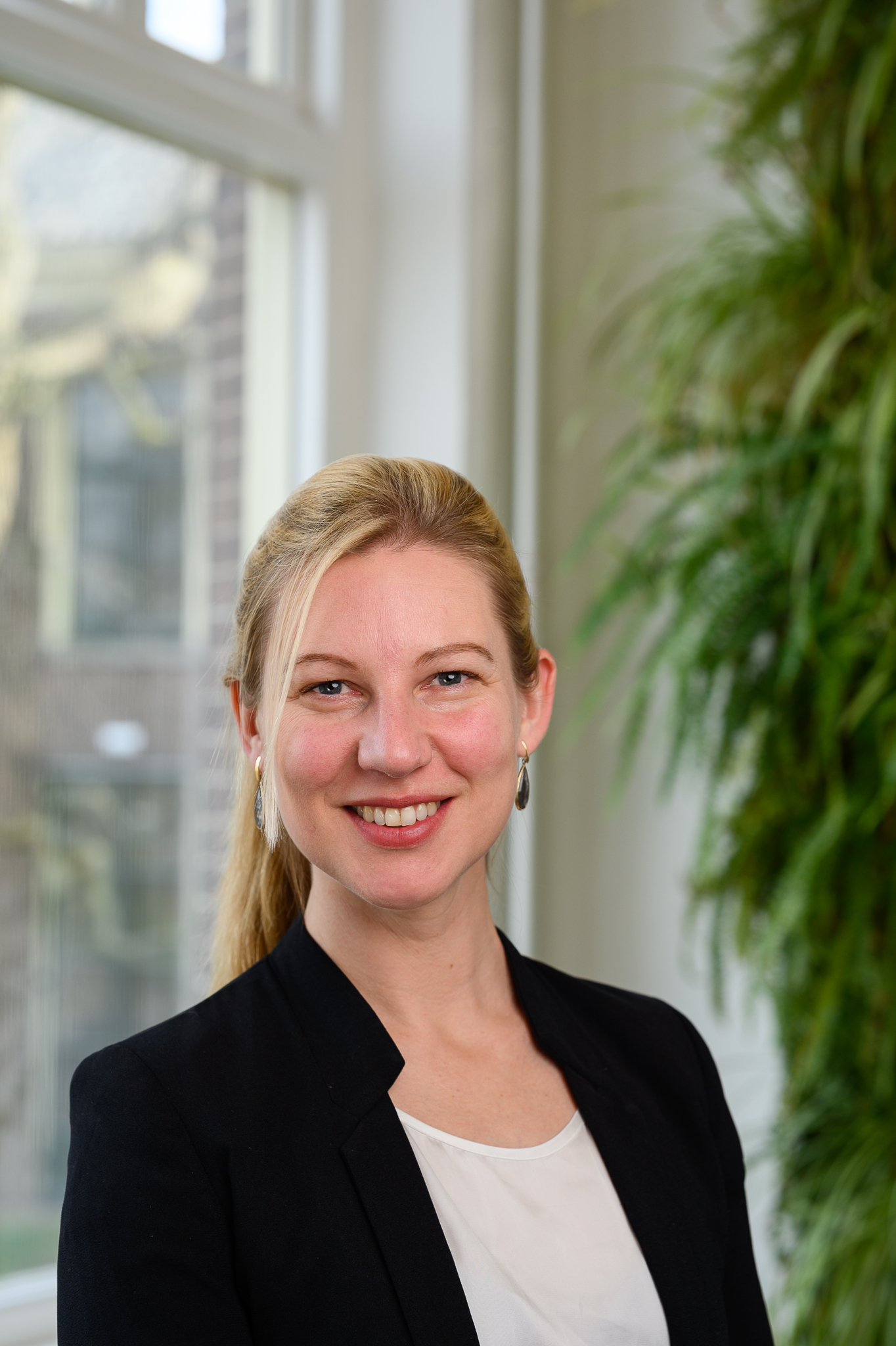
Carolien Stolte
I’m an Associate Professor at the Leiden Institute for History, specializing in modern global history with a regional focus on South Asia. I am the PI for the Peace Movements Project. My research is situated at the intersection of global, international, and South Asian history. I am particularly interested in how ideas travel to and from India. My first book examined the traffic of religious ideas, specifically the production of knowledge on Hinduism in the Dutch Republic (New Delhi: Manohar, 2012). My further work has focused on histories of (Pan)Asianism, Afro-Asianism and other regionalist political formations from the late nineteenth century up to the present.
Daniele Paolini
I am a historian specializing in twentieth-century North Africa. I joined the Peace Movements Project as a postdoctoral researcher in April 2025, a few weeks after receiving my PhD in African History from the University of Perugia and Leiden University. My PhD research explored the history of Moroccan trade unionism after independence, examining the role trade unions played in Morocco’s politics and society, as well as in transnational networks of union confederations. I am broadly interested in the study of North Africa as a crossroads between Arab, African, and Asian worlds, particularly in the consolidation of ideas and practices of solidarity in the context of decolonization. Within the Peace Movements Project, I want to study what regional agendas of pacifism developed through the initiatives of North African activists and how peace work intersected with broader networks of anticolonial resistance. If any of this speaks to you, feel free to reach out—I am always happy to connect with other scholars to exchange ideas!
Floris de Ruiter
I completed my BA at University College Utrecht and went on to study intellectual history at Cambridge for my MA. During my master’s, I focused on how the concepts of sovereignty, (non-)violence, and evolutionism intertwine in the works of Aurobindo, Gandhi, and Nietzsche. Many of these earlier interests come together in my PhD within the Peace Movements Project. As part of the peace movements project, I study how early twentieth-century ashramites used anti-statist debates on self-rule to rethink the question of violence, shaping global peace movements. By centering ideas on nature, thinkers like Aurobindo or Vivekananda developed an original approach to natural peace that remains underexplored in intellectual history. Since the ashrams that I research attracted cosmopolitan crowds, I am always interested in learning about any buried connections between ashramites and the wider world. If you share my interests, feel free to reach out, I would be happy to chat!
Henrike Vellinga
I am a historian specializing in colonial history. I have a joint master’s degree in European history from the University of Leiden, the Sorbonne and Oxford University. Additionally, I obtained a research master’s in political and cultural history at Leiden. Here, I delved into the history of the peace movement for the first time. My ResMA thesis on the War Resisters’ International explored the links and disconnects between radical pacifism and anticolonialism in the interwar period. My PhD within the Peace Movements Project builds on my prior research on the international peace movement, but will center the ideas and experiences of West-African peace activists. The focus of my research is the history of peace thinking and antiwar activism in West Africa, from the interwar to the early postcolonial period.
Kamila Smagulova
I am a historian working on late Soviet anti-nuclear movements and civic mobilisation. Over the past years I have been working for a think tank in Kazakhstan where I researched memory politics, nationalism and civic activism. My research interests lie in grassroots activism in late 1980s Kazakhstan and its relation to nation-building and decolonization in the region. For my PhD within the Peace Movements Project, I focus on anti-nuclear movements in late Soviet Kazakhstan, known as “Nevada-Semey”. My earlier work has gradually led me to this topic primarily because I come from the East Kazakhstan region, which was a key nuclear testing site of the Soviet Union for over fifty years. I am very keen on looking at this topic within the framework of global peace movements, and to analyze the Soviet period in the context of empire and decolonization.
Pratika Rizka Dewi
Before moving to the Netherlands, I completed my master’s degree at the University of Glasgow, Scotland, where I focused on Indonesian women’s global activism for women’s and children’s health. Continuing my research on women and global history for my PhD as part of the Peace Movements Project, I widened my focus from health to peace movements, examining how Indonesian women employed motherhood as one of their frameworks to contribute to broader peacebuilding efforts from the 1930s to 1966. Through this research, I am offering fresh insights into the dynamics of gender, nationalism, and international collaboration by tracing Indonesian women’s networking, organizations they have joined, conferences and congresses they have attended, their intellectual thinking, ideologies, and how they approached peace within Indonesia’s specific social, cultural, and political context.